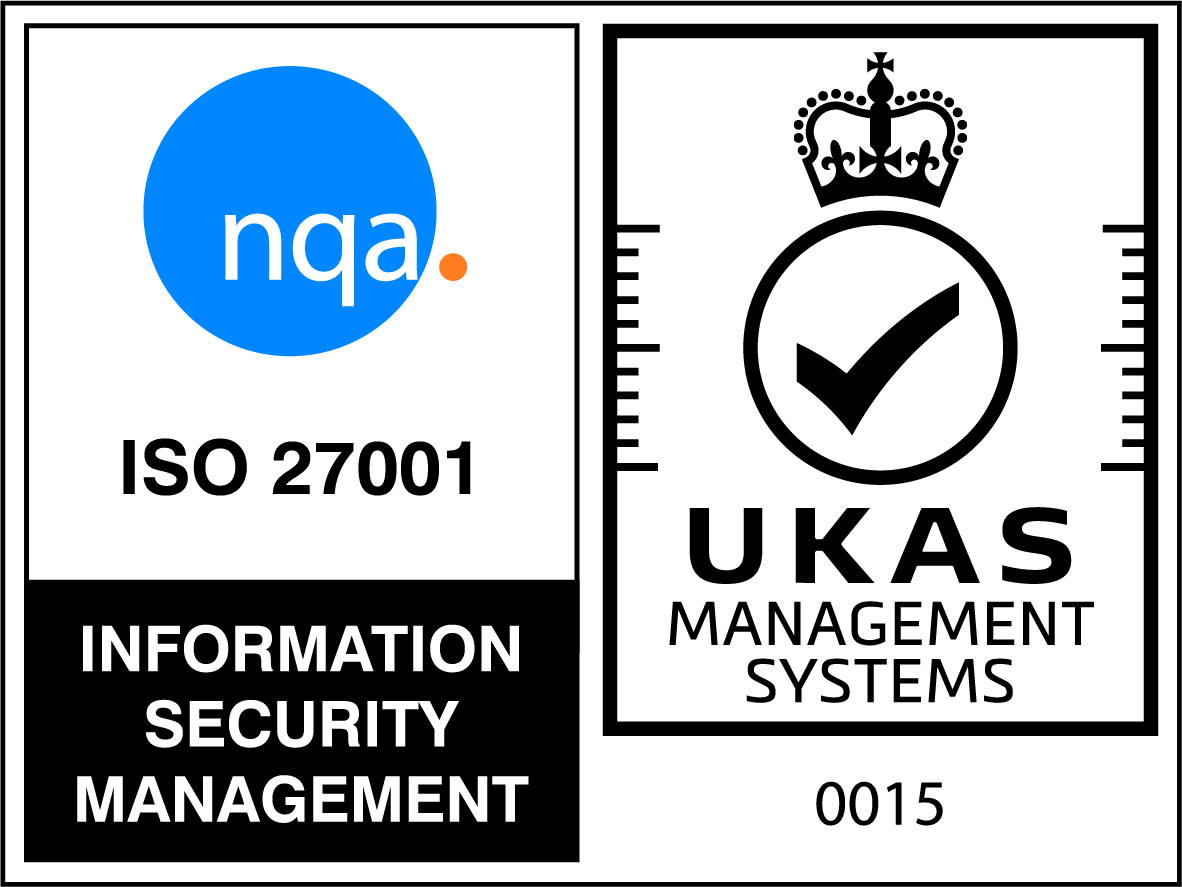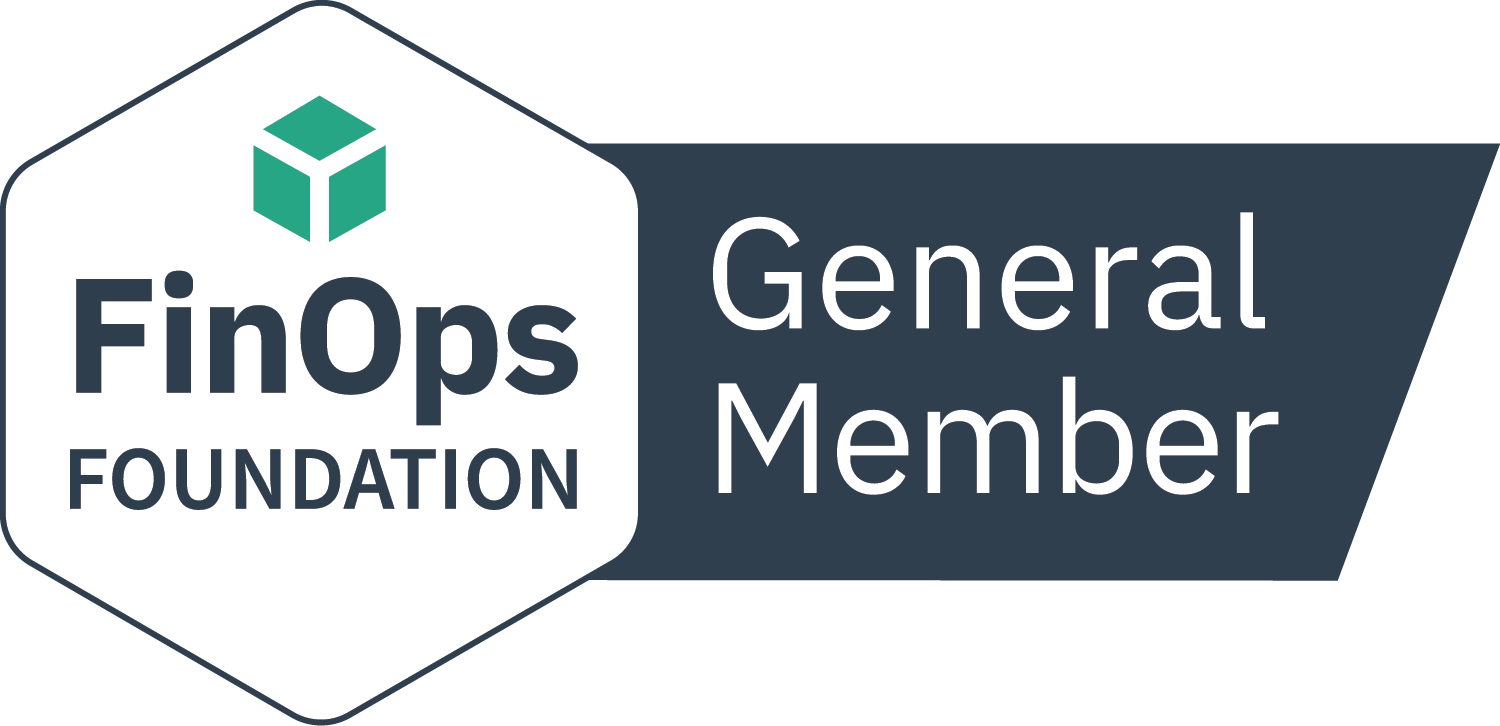Microsoft licensing terms update
Microsoft’s July Product Terms update brings several notable changes across Microsoft 365, Generative AI services, and new product availability:
Microsoft has clarified its Responsible Use of AI Services terms:
- Microsoft may provide starter templates, instructions, and code samples for building AI agents or apps.
- Customers remain fully responsible for any applications developed using Microsoft AI Services, including ensuring compliance with legal and regulatory requirements.
- Third-party templates or samples come with their own licensing terms and are not governed by Microsoft.
Microsoft Dynamics 365 Services:
- Language concerning External Users has been updated for consistency with the Glossary definition, ensuring alignment across licensing documentation.
Microsoft’s $30B AI Infrastructure Spend & Azure Revenue Surge
On July 30th, 2025, Microsoft projected a record $30 billion in capital spending for the current fiscal quarter which is their highest in its history. This announcement follows booming Azure cloud sales, which underscore the company’s accelerating returns from strategic investments in Artificial Intelligence infrastructure.
This forecast positions Microsoft to outspend rivals like Google and Meta over the coming year. Google revealed plans to expand its data center footprint to support AI demand, while Meta signalled higher revenue expectations with comparatively modest capital increases. Together, these announcements confirm that Big Tech’s $330B global infrastructure build-out is yielding measurable returns.
Microsoft price increases come into force for the new financial year
Effective 1st July 2025, Microsoft introduced a 10% price increase across several key on-premises server products:
- SharePoint Serve
- Exchange Server
- Skype for Business Server
Additionally, the Core CAL Suite rose by 15%, intensifying cost pressures for customers maintaining hybrid or legacy environments. Further escalation was announced for Enterprise CAL Suite, which will see a 20% increase effective 1st August 2025.
Oracle Java Licensing Costs Continue to Rise
Oracle’s licensing model for Java continues to present a significant financial and compliance burden for enterprises. What was once a predominantly freely available platform has, since January 2023, shifted to a subscription-based, employee-count metric, triggering unbudgeted cost increases and widespread audit risk.
Throughout June and July 2025, organisations have reported a marked uptick in “soft audit” emails from Oracle. These pre-audit communications often precede formal engagement and are strategically timed early in Oracle’s fiscal year to accelerate licensing transactions.
For businesses using Java across multi-environment infrastructures, the risk of non-compliance is high, especially without visibility into active usage and entitlement alignment.
Adobe Sued by FTC Over Subscription Cancellation Practices
In July 2025, the U.S. Federal Trade Commission (FTC) filed suit against Adobe Inc. and two senior executives, alleging deceptive practices in their subscription cancellation workflows. The legal challenge hinges on Section 8403 of the Restore Online Shoppers Confidence Act (ROSCA) — a statute designed to ensure transparency in online transactions. Adobe allegedly failed to clearly disclose all material terms of its subscription model before collecting billing details. Consumers were reportedly unable to easily stop recurring charges on credit cards or other financial accounts.
The FTC is seeking:
- an injunction relating to these sales practices
- cancellation or reformation of contracts
- civil penalties against Adobe and the named employees
- full refunds
The scope of this is substantial as Adobe has been using the alleged sales methods for many years, although it does primarily only affect individual and small business users of Adobe products. Should the suit be successful, we may see other software vendors revising their terms to make them clearer.
Broadcom vs Siemens AG: VMware Licensing Dispute
The escalating legal dispute between VMware (now owned by Broadcom) and Siemens AG has evolved far beyond a standard licensing disagreement. What initially appeared to be a contractual misalignment over entitlements has now intensified into a full-scale copyright infringement lawsuit complete with threats of injunctions, financial penalties, and the ominous prospect of “disgorgement” of profits.
This case serves as a potent reminder that Software Asset Management (SAM) and IT Asset Management (ITAM) are not merely tools for tracking licenses, they are foundational to enterprise risk mitigation.
Audit exposure is no longer hypothetical: Broadcom’s aggressive post-acquisition audit strategy signals a broader trend toward supplier litigation when data transparency is lacking.
Timeline: from policy shift to courtroom
- Feb 2024: Broadcom ends sale and renewal of VMware perpetual licenses globally.
- Sept 9th, 2024: Siemens submits an inventory to VMware seeking a one-year support extension. VMware claims the data reveals extensive unlicensed usage.
- Oct 29th, 2024: Siemens issues a revised inventory but resists further audit or license verification.
- Mar 21st, 2025: VMware files a lawsuit in Delaware alleging copyright infringement and seeking injunctive relief and damages.
- June 10th, 2025: Siemens files a motion to dismiss, citing a forum-selection clause requiring disputes to be resolved in Munich, Germany.
What went wrong?
This case exemplifies a fundamental failure in controlling access to sensitive deployment data. It’s particularly striking given Siemens’ headquarters are in Germany, a jurisdiction renowned for some of the world’s strictest data privacy laws. Yet such regulatory frameworks offer little protection if unverified entitlement and usage data is handed directly to a vendor with a history of litigious behaviour. The implications for IT governance, audit exposure, and reputational risk are substantial.
Atlassian Denies AI Role in Job Cuts
In early July 2025, Australian software giant Atlassian announced a 150-role reduction across its global workforce of 12,000. The cuts were concentrated within customer service and support functions, prompting concern among enterprise clients who rely on Atlassian for mission-critical collaboration platforms.
While Atlassian has firmly denied that the restructuring is linked to AI-driven automation, the announcement was controversial for its delivery method. Co-founder and CEO Mike Cannon-Brookes shared the news via a pre-recorded video distributed in a Zoom meeting, with impacted employees reportedly receiving confirmation only 15 minutes later via email.
EU Digital Networks Act Proposal Nears Completion
The European Commission is preparing to overhaul its digital communications framework through the forthcoming Digital Networks Act, which is set to replace the 2018 European Electronic Communications Code (EECC). This reform aims to deliver a more harmonised, future-ready regulatory model aligned with rapid advancements in connectivity, cloud infrastructure, and data-centric business models.
Following a 2023 public consultation, the Commission released a white paper identifying several critical areas for improvement, including:
- adapting to rapid technological and economic developments, such as in cloud computing and artificial intelligence;
- addressing substantial investment needs in digital infrastructure;
- overcoming a fragmented internal market, which hinders fast roll-out and economies of scale;
- reducing technological and economic dependency on foreign suppliers; and
- tackling growing geopolitical and cybersecurity risks.
To meet these challenges, the Commission now proposes a range of measures in its call for evidence paper, including:
- accelerating fibre network deployment and implementing copper switch-off plans;
- streamlining spectrum licensing; and
- simplifying and harmonizing authorization and access regulation.
The stakeholder consultation period for the Digital Networks Act officially closed on 11 July 2025, marking a key milestone in the EU’s effort to modernise digital communications regulation.
The European Commission is now expected to publish its legislative proposal in Q4 2025. The Act will then proceed through legislative scrutiny and trilogue negotiations, with formal adoption anticipated in 2026.
SAP and IBM Financial Results Signal Strategic Shifts
Financial disclosures reveal changing priorities in cloud licensing and AI investment. Indicates potential pricing model changes and product bundling strategies. Organisations may face new licensing structures or bundled offerings.
Recent financial disclosures from SAP and IBM signal evolving priorities in cloud licensing models and AI investment strategies. Both vendors appear to be reassessing their commercial positioning, pointing toward potential pricing adjustments and bundled product offerings.
Key Takeaways for Enterprise IT Teams
- Anticipated licensing model changes, particularly around cloud subscriptions and value-based consumption
- Greater alignment between AI feature sets and existing enterprise platforms
- Potential introduction of integrated bundles combining infrastructure, support, and AI services
- Implications for budget forecasting, procurement planning, and governance frameworks
Enterprises should engage with vendor account teams early to understand upcoming portfolio adjustments and mitigate commercial risks in FY26 and beyond.








